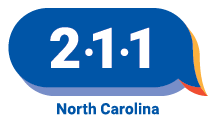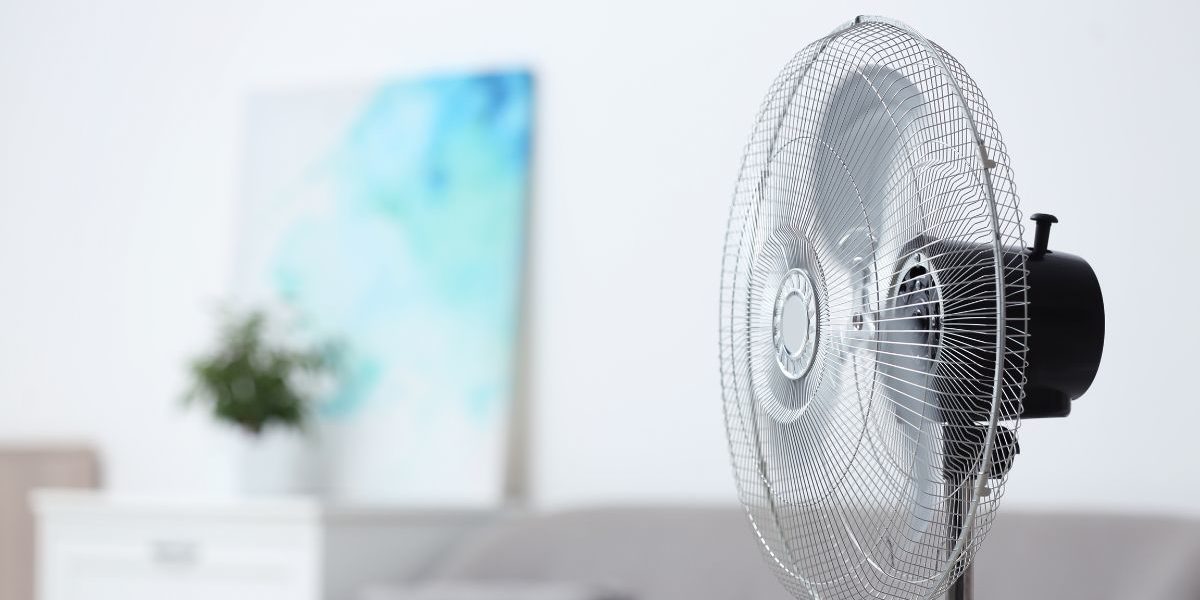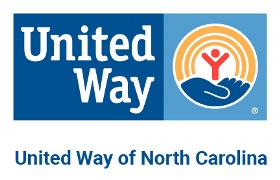What is Operation Fan Heat Relief (OFHR)?
As individuals age and develop chronic medical conditions, they are less likely to sense and respond to changes in temperature. They may also be taking medications that can worsen the impact of extreme heat. Operation Fan Heat Relief (OFHR) helps adults at risk stay safe during summer. The program offers fans to older adults and people with disabilities to keep cool during the summer months. A very limited supply of air conditioners may also be available for people with more serious health conditions.
How do I apply for OFHR?
The OFHR program runs from May 1 to October 31. People should call their local service provider to see if fans are available. You can find your service provider here. You should provide a photo ID and proof of disability if under age 60. You may also need a recent electric utility bill.
Hot Weather Tips for Seniors
Talk with your doctor and be aware of the medications you take and know for example that painkillers can reduce awareness of the heat and diuretics, which promote fluid loss, can lead to dehydration more often during hot weather. In addition to using electric fans, the following tips should be observed to reduce heat-related problems:
- Cool off by taking baths or showers, or placing ice bags or wet towels on the body
- Stay out of direct sunlight, put shades over the windows, and use cross-ventilation and fans to cool rooms
- Wear lightweight, light-colored, loose-fitting clothing that permits sweat to evaporate
- Drink plenty of liquids such as water, fruit, or vegetable juices and iced tea to replace the fluids lost by sweating. As a person ages, thirst declines. Limit intake of alcoholic beverages or fluids that have too much salt, since it can complicate existing medical problems, such as high blood pressure
- Eat small meals, and eat more often and avoid foods that are high in protein, which increases metabolic (body) heat
- Keep your medicines in a cool, dry place
- Check up on friends or neighbors who live alone
- This can also be a good time to join your local senior center or take advantage of buildings made accessible to seniors during excessive heat. Your community’s public information office can be contacted for additional information
Take the heat seriously and do not ignore danger signs like nausea, dizziness or lightheadedness, fatigue, confusion, labored breathing, chest discomfort and rapid or erratic pulse. They can all be signs of trouble. Get to a cool place, drink cool water slowly and seek medical help if conditions don’t improve.
SOURCES: NCDHHS and NCDEQ
Last updated 3/15/2022


